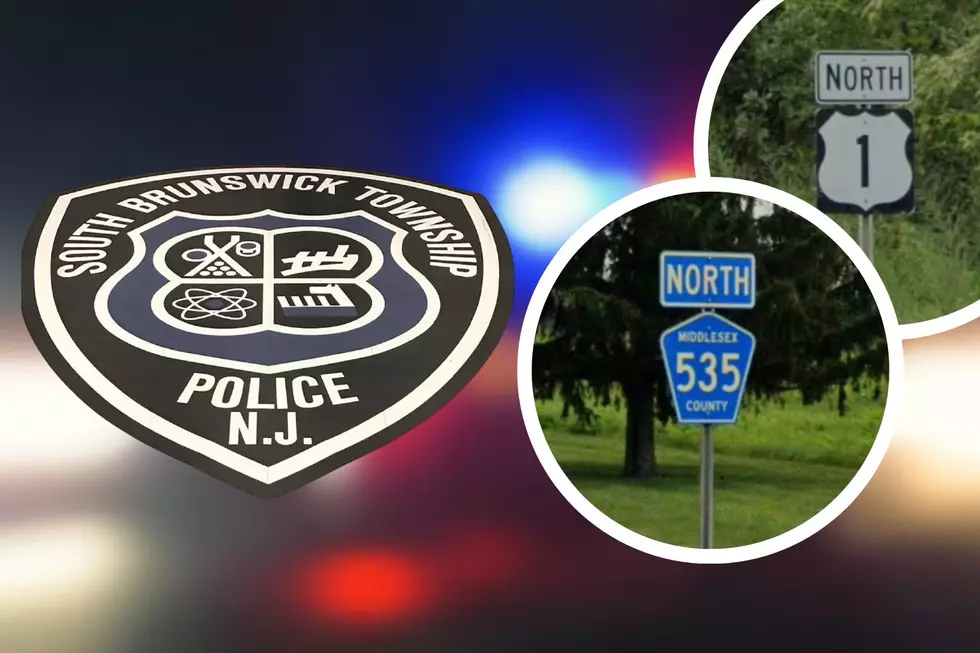![NJ citizens are critical in fighting crime [Part 3 of a series]](http://townsquare.media/site/385/files/2011/11/Sirens.jpg?w=980&q=75)
NJ citizens are critical in fighting crime [Part 3 of a series]
In Part 3 of a week-long series, “Technology and Policing,” we take a look at how New Jersey citizens can be law enforcement's biggest asset.
When it comes to fighting crime, police departments throughout New Jersey are increasingly relying on advances in technology. But one element to fighting crime that technology will never replace is the human one.
Matt Peskin, executive director of the National Association of Town Watch, said the human factor is still key.
"The bottom line is that people seeing, hearing, reporting is really how law enforcement works," Peskin said.
In fact, 95 percent of police arrests are the direct result of a citizen's phone call.
"Maybe if you go back 20 or 30 years, you basically had like burglary in mind or theft - but now you are talking about things where there's people looking to blow up a building," Peskin said.
In some cases, technology has aided both citizens and police departments to protect neighborhoods against crime.
In Ocean County, a new app called MyPD connects citizens to a two-way channel of communication with law enforcement. People can get alerts from police about threats or other important matters, and they can send police important tips and information as well.
"iPhones, iPads, Android phones and tablets - those items are constantly with people. We decided to utilize that technology to help us connect better with people, and to be able to respond quicker to sites in the community," said Al Della Fave, a spokesman with the Ocean County Prosecutor's Office.
Not only does the app offer two-way communication between citizens and law enforcement, but it's also a very inexpensive tool for law enforcement to employ.
"The app for us is really a minimum cost of less than a thousand dollars to participate. It's paid for with drug forfeiture funds, so it's not coming out of the taxpayer's pocket, and it just makes us more accessible to the public we serve," Della Fave said.
Sometimes there's a reluctance by some citizens to get involved with police work, but law enforcement wants citizens to alert them to possible wrongdoing.
"People say, 'I don't want to do that because I don't want to bother them.' We want to be bothered. Cops want to be bothered, they want to know what's going on out there," said Nick Irons, a criminal justice professor at County College of Morris. "It could be a very legitimate situation or it could be somebody ready to rob a place."
Alert citizens must fill in the gaps where technology can't, according to Irons.
Click below to view the rest of our series, “Technology and Policing”:
More From New Jersey 101.5 FM
![Computers, labs winning the battle against crime [Part 2 of a series]](http://townsquare.media/site/385/files/2014/09/53243277.jpg?w=980&q=75)
![Technology helps NJ cops fight crime [Part 1 of a series]](http://townsquare.media/site/385/files/2014/08/07c24173-3327-4661-96c7-a729688d4582-big.jpg?w=980&q=75)







